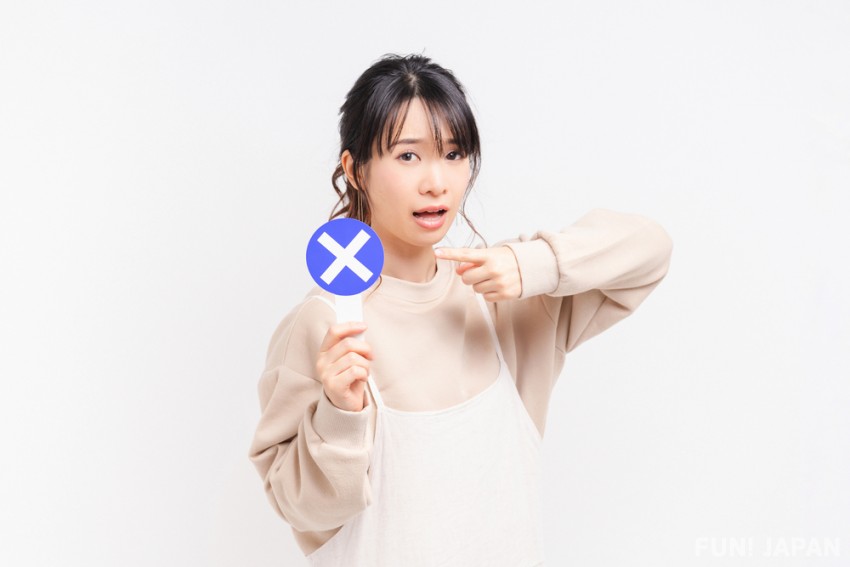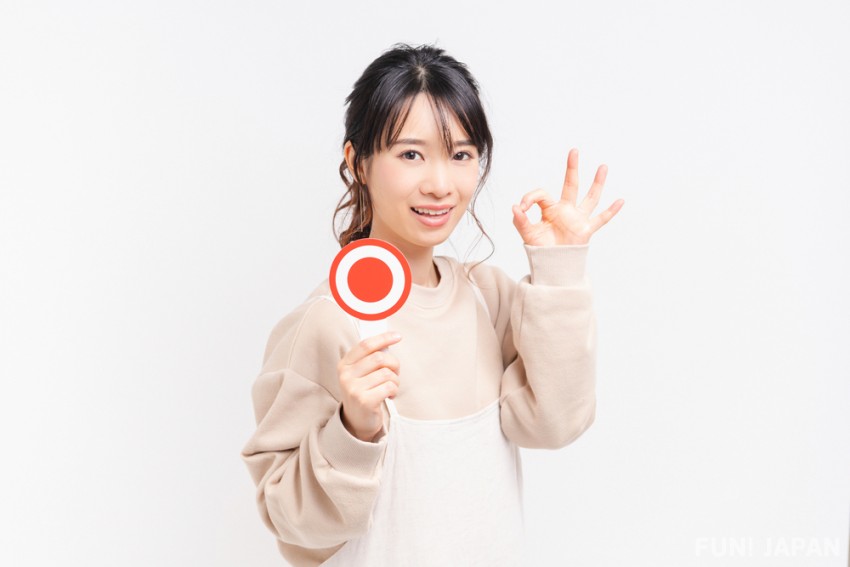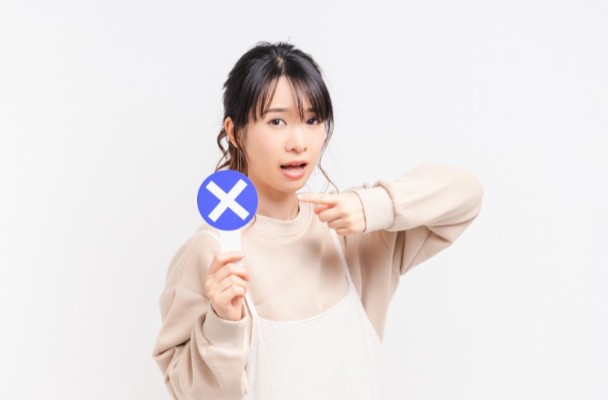
Did you know that not using the proper suffix when calling someone by their name is considered extremely impolite in Japan? Doing this can go as far as to make the person sad or angry, among more unpleasant feelings, so it's something you want to pay attention to. Why is not using the proper suffix considered this impolite? When is it considered ok to NOT use these suffixes? We're going to be going into detail about this culture in this article, so read on for more information to ensure you're ready when you visit Japan!
There are 2 Main Reasons why not using Suffixes is Impolite
Japan's Hierarchical Relationship Culture

Whether it is within a family, school, company, or society, hierarchical relationships can be found. In all of these situations, things such as age or title can affect the hierarchical relationship of people. For example, when it comes to a family, grandparents hold the top spot, with your parents coming next, and then any older brothers or sisters. In a school, you can probably guess, the teachers are at the top and the students at the bottom. In a company, the boss is at the top and the workers at the bottom. As for society, the main factor that changes this hierarchy is age. People who are talking to someone above them on this hierarchical scale must use a suffix when calling their name,
Familiarity with the Other Person

When it comes to school, a company, or society, if you're meeting someone for the first time, no matter the age, you shouldn't ever not use a suffix. Japanese people are raised in an environment where this type of hierarchy is common, so not using a suffix can be seen as you thinking you're above the person you're talking to.
There are Differences in Level of Suffix
There are many different suffixes that can be used in Japanese. Depending on your relationship to the person you're talking to, you can use suffixes such as sama, san, kun, and chan. Let's look at where you would use these 4 different suffixes.
Sama:
This is a very common suffix. It's typically used in businesses when talking to someone that isn't part of your business.
It's also used, even between friends, when sending things such as letters or writing postal notes.
San:
This is probably the most common suffix of them all. It can be used for younger, older, and for any gender.
Kun:
Used for people who are younger than you or for boys who you're friends with.
Chan:
This is used when talking to girls. In a Japanese company, it can be used when talking to a younger female coworker or if you're friends with them, however, due to it being seen as sexual harassment the cases in which this suffix is used is dropping rapidly. There are times when boys who are friends use this with each other. It is also commonly used as a nickname.
It's also commonly used during news presentations when introducing children from a school.
When is it ok to NOT use a suffix?

If you watch Japanese dramas, we're sure you've seen scenes in which people call people by their names without using a suffix. What situations is this ok in? Let's take a look below!
Friendly:

If it's someone you've known for a long time, and have a good relationship with, as a friend or maybe as a couple, you typically wouldn't need to use a suffix. It will also let those around you know that you're good friends with the person.
Above to Below

There are times when the teacher of a class will not use a suffix when checking the register. Situations like this can only really happen when it's a superior doing the talking. Also, within Japanese companies where this hierarchy is very strict, there are some bosses who don't use suffixes with their employees, however, in more recent years, these kinds of companies have become far and few, with a healthy relationship between boss and employee becoming more and more common. This means that even when the boss of a company is talking with his employees he/she will typically use "san".
Most countries across the world see people calling each other by their first name regardless of age and position, however, you have to be careful when in Japan. When visiting Japan for business or as a holiday, make sure to remember these suffixes when talking with native Japanese people!

Comments